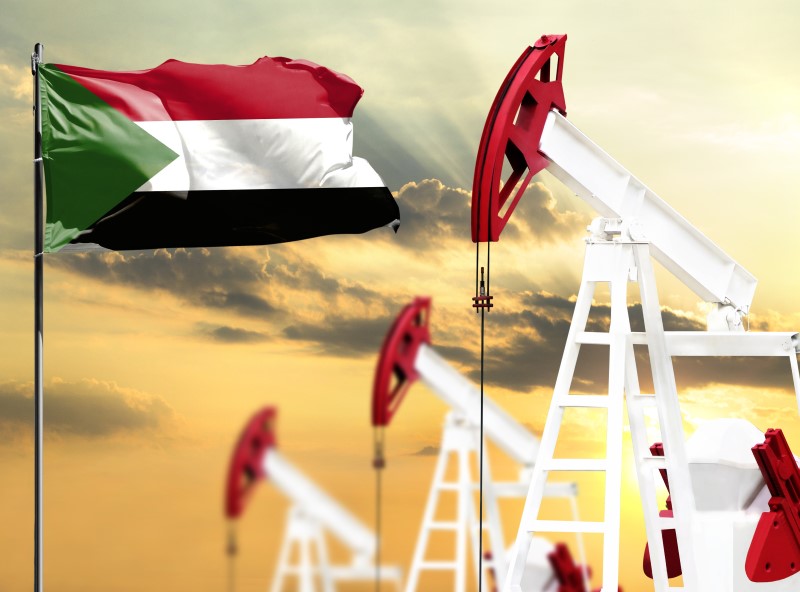Sudan Running Low on Fuel Oil and Wheat Due to Port Blockade
KHARTOUM (Reuters) — A three-week blockade of Sudan's main port by tribal protesters is causing shortages of wheat and fuel oil for power generation, endangering the country's already faulty electricity supply, a cabinet minister said on Saturday.

Tensions between Sudan's military and civilian leaders have been running high in recent weeks, and some civilian figures have accused the military of playing a role in the Beja tribe's blockade of Port Sudan, surrounding roads and fuel pipelines.
Military leaders have denied any involvement, and Beja leaders say they are protesting to draw attention to economic and political issues affecting the eastern tribe.
In the capital, Khartoum, queues for bread have reappeared in recent days and there have been shortages of imported flour.
Minister of Cabinet Affairs Khalid Omer Yousif said in a statement the government would redistribute wheat stocks located in the country's Northern State to bolster supplies elsewhere.
Diesel supplies have also been affected by the blockade but petrol supplies remain stable, the statement added.
On Friday, the United States, Britain and Norway backed Sudan's civilian-led transitional government in urging political talks to resolve the protests.
Related News
Related News

- Kinder Morgan Proposes 290-Mile Gas Pipeline Expansion Spanning Three States
- Valero Plans to Shut California Refinery, Takes $1.1 Billion Hit
- Three Killed, Two Injured in Accident at LNG Construction Site in Texas
- Tallgrass to Build New Permian-to-Rockies Pipeline, Targets 2028 Startup with 2.4 Bcf Capacity
- TC Energy Approves $900 Million Northwoods Pipeline Expansion for U.S. Midwest
- U.S. Pipeline Expansion to Add 99 Bcf/d, Mostly for LNG Export, Report Finds
- Enbridge Adds Turboexpanders at Pipeline Sites to Power Data Centers in Canada, Pennsylvania
- Great Basin Gas Expansion Draws Strong Shipper Demand in Northern Nevada
- Cheniere Seeks FERC Approval to Expand Sabine Pass LNG Facility
- Heath Consultants Exits Locate Business to Expand Methane Leak Detection Portfolio




Comments